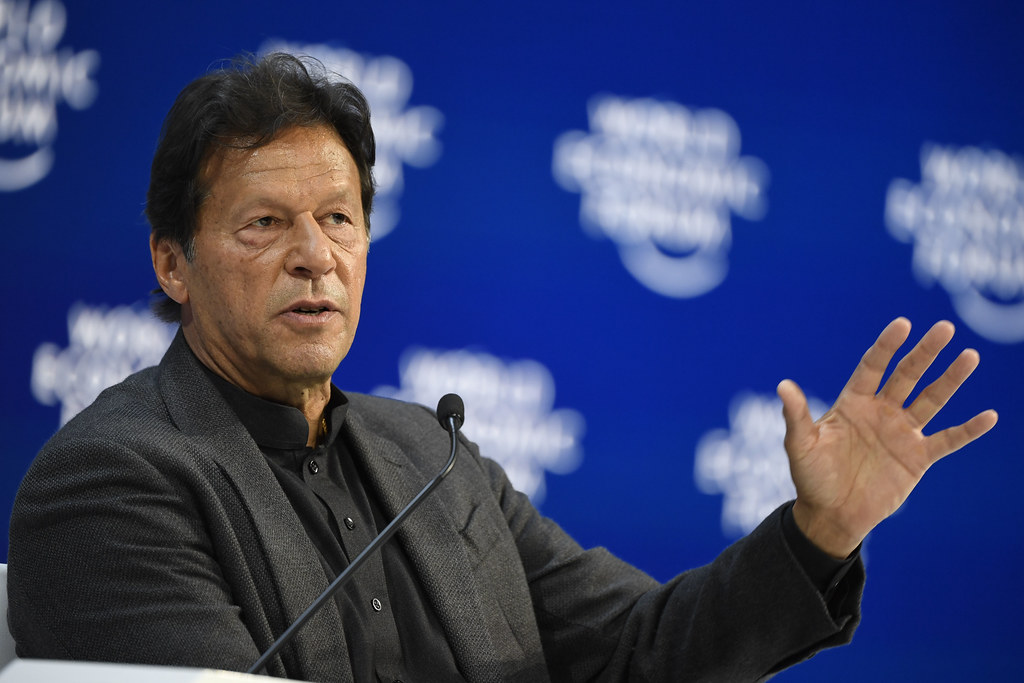One of the most significant elections this year will occur in Pakistan. Despite the political challenges, Imran Khan should be considered a valid candidate because he has remained the popular choice and was able to implement various improvements during his previous time in office.
The top three parties are Pakistan People’s Party, Pakistan Muslims League-N, Pakistan Tehreek-e-Insaf, followed by regional and local parties.
The PPP has led the government five times and the PML-N three times. The PTI first came to power after winning the election in 2018 and with the help of minor parties, PTI was able to form a coalition. Ultimately, Khan was elected Prime Minister and promised many changes under his famous Naya Pakistan.
Khan was recently ousted through a vote of no confidence by the parliament. The PML-N took over under the leadership of the former Chief Minister of the Punjab Province and former opposition leader, Shahbaz Sharif.
Under Sharif, Pakistan faced security threats and tumultuous challenges, especially to its economy and foreign policy.
While Khan was in office, he took austerity measures and increased tax collections, which hit a record high. He improved business climatic conditions and Pakistan was ranked among the 10 most improved countries.
Before Khan was elected, Pakistan was placed on the Financial Action Task Force grey list and was in danger of being placed on the blacklist. As FATF affects transactions that can occur in the country, being placed on either list makes sending and receiving money difficult.
However, under Khan’s leadership, Pakistan was removed from the grey list in 2022.
Additionally, Khan contributed to reforms in healthcare and education, combatted climate change through the reforestation of 10 billion trees, boosted tourism and took anti-corruption measures. Despite his successes, Khan faced opposition, making it difficult to fulfill his promises.
In April 2022, Khan became the first Prime Minister to be ousted through a vote of no confidence. He lost almost all his coalition partners and was betrayed by several members of the PTI.
When Sharif was elected Prime Minister, the country went into massive turmoil. Many journalists and politicians from the opposition were detained or kidnapped and the initiatives and progress under the leadership of Imran Khan were halted.
Currently, Khan is in jail, disqualified from holding public office for five years and faces many charges including those for corruption, which he claims are part of the government’s efforts to prevent him and his party from appearing in the general elections.
With the elections fast approaching, Pakistan’s democracy is suffering under current rule. Meanwhile, Khan dominates the polls and appears to be the most popular candidate. While Khan might not be the only suitable candidate, his experience in politics and previous leadership record show that he is qualified to lead Pakistan forward and stabilize the country.






